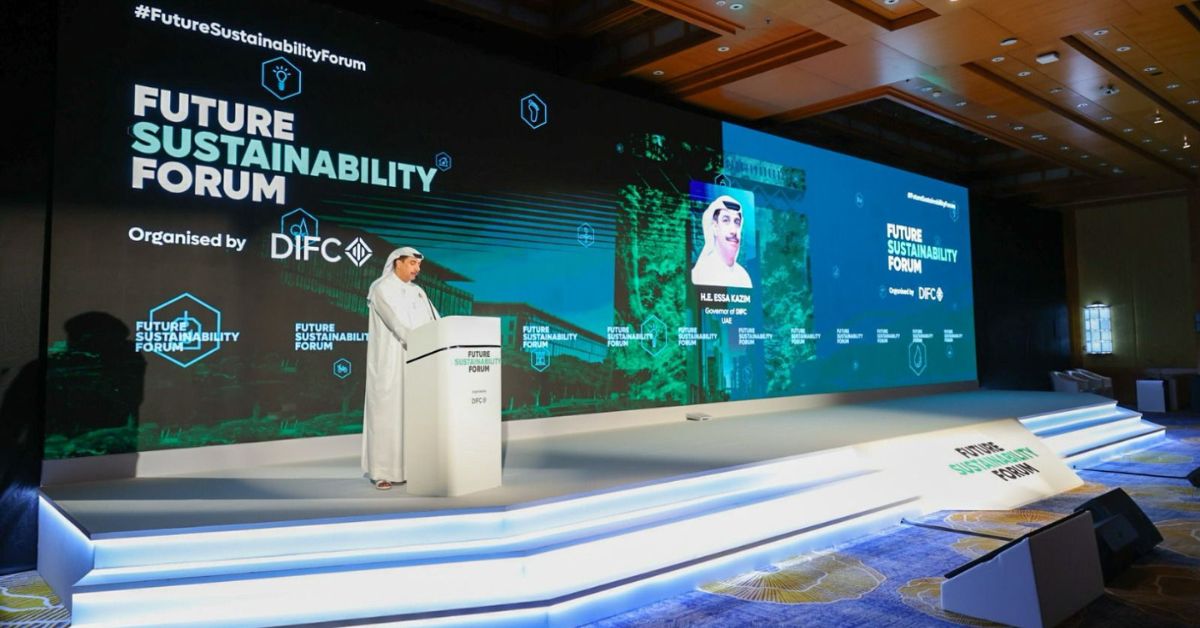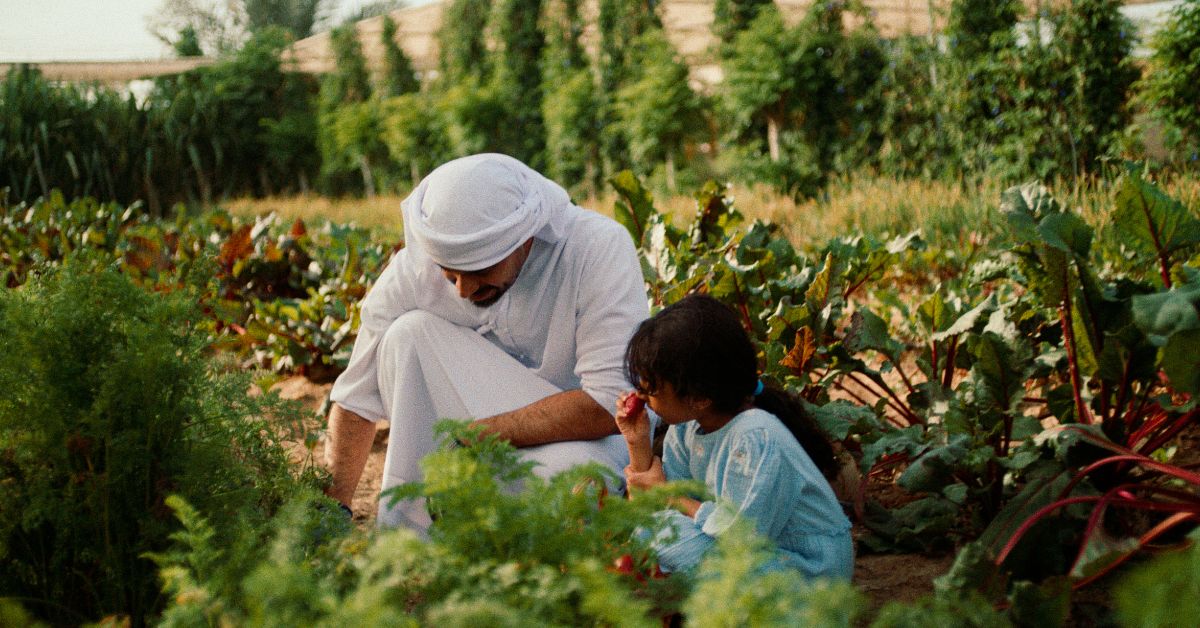Dubai — Renowned for its futuristic skyline, opulent lifestyle, and swift urban development, Dubai is ramping up its efforts to combat climate change and champion sustainable practices.
As the threat of climate change intensifies globally, Dubai has acknowledged the urgency to address environmental challenges. The city has unveiled ambitious plans to pave the way for a more sustainable and resilient future.
A cornerstone of Dubai’s climate change initiatives is its dedication to renewable energy. The city is striving to diversify its energy mix, reducing dependence on fossil fuels. The Mohammed bin Rashid Al Maktoum Solar Park, one of the world’s largest solar parks, stands as a testament to this commitment. Capitalizing on the region’s ample sunlight, Dubai is set to generate a significant share of its energy from clean solar power.
The Dubai Clean Energy Strategy 2050 sets a goal for clean energy to comprise 75 percent of Dubai’s total power output by 2050. This ambitious objective underscores Dubai’s dedication to curbing greenhouse gas emissions and transitioning to a low-carbon economy.
Pedro G. Gomez Pensado, Head of Climate and a member of the Executive Committee at the World Economic Forum, noted that the UAE has been a pioneer in the MENA region, establishing a strategy to achieve net zero by 2050. This initiative is in line with the Paris Agreement’s goal to restrict global warming to 1.5 degrees and can serve as a model for other countries in the region.

Speaking to TRENDS, he shared that the nation has already committed $40 billion to renewable energy development domestically. The new strategy will further this commitment, with plans to invest over $160 billion in clean and renewable energy in the coming three decades. Investments of this scale are poised to create ripple effects beyond borders.
Dubai is actively striving to diminish its environmental footprint through sustainable urban planning and design. The city has embraced sustainable architecture and construction methods to enhance energy efficiency, cut down on water use, and streamline waste management. Notable structures like the Sustainable City and the Museum of the Future stand as exemplars of sustainable buildings, integrating cutting-edge designs and eco-friendly technologies.
Moreover, the Dubai Urban Plan 2040 underscores sustainable development, urban greenery, and efficient public transit, all converging to foster a greener urban landscape.
Water scarcity remains a critical concern in the region, prompting Dubai to refine water consumption and management. Initiatives like the ‘My City, My Environment’ campaign inspire residents and businesses to save water through efficient practices and technologies.
Emerging technologies, such as treated sewage effluent (TSE) for irrigation and wastewater treatment, are gaining traction to alleviate the demand on freshwater sources. The city also champions smart water management systems to pinpoint leaks, regulate use, and guarantee mindful water consumption.

In transportation, Dubai champions public transit and electric vehicles, concurrently developing infrastructure to bolster these transport modes.
Regarding waste management, Dubai is on a mission to decrease waste generation and boost recycling. The city is also pioneering waste-to-energy facilities.
Beyond the Dubai Climate Change Strategy 2050, the city boasts a plethora of climate initiatives, including:
• The Dubai Carbon Center, a hub for businesses and entities aiming to minimize carbon footprints.
• The Dubai Green Fund, which finances projects targeting greenhouse gas emission reduction or sustainable growth.
• The Green District of Dubai, an eco-conscious mixed-use development.
Furthermore, Dubai is gearing up to counteract the repercussions of climate change. The city is witnessing a surge in extreme weather events, from heatwaves and sandstorms to floods. To combat these challenges, Dubai is erecting seawalls to shield its coastline from rising waters. Additionally, new irrigation systems are in the works to aid farmers in adapting to drought scenarios.
Furthermore, global collaboration is paramount. Dubai is deeply engaged in international partnerships, exchanging knowledge, expertise, and best practices with other cities and countries.
Pensado noted that the climate crisis has spurred unparalleled cooperation among governments, the private sector, and civil society. “There’s a growing recognition that no single organization, business, or government can tackle this challenge independently. We must unite to reduce emissions as swiftly as possible, and that’s a promising sign. The upcoming COP meeting in Dubai presents a pivotal chance to capitalize on this momentum, expedite global decarbonization, and ensure we’re all moving forward cohesively,” he elaborated.
However, Dubai confronts several hurdles in its fight against climate change. One significant concern is the city’s dependence on fossil fuels. Dubai’s economy leans heavily on oil and gas exports, complicating efforts to slash its greenhouse gas emissions.
The city’s sweltering climate poses another challenge. Climate change is intensifying Dubai’s temperatures, making it more challenging and costly to cool buildings and power the city.
Yet, in the face of these challenges, Dubai remains steadfast in its commitment to counteract climate change. By harnessing renewable energy, championing sustainable urban design, conserving water, protecting biodiversity, and fostering global collaboration, Dubai is positioning itself as a beacon of sustainable growth amidst climate challenges. The city’s aspiration for a more eco-friendly and sustainable future underscores its dedication to safeguarding the environment for upcoming generations.







